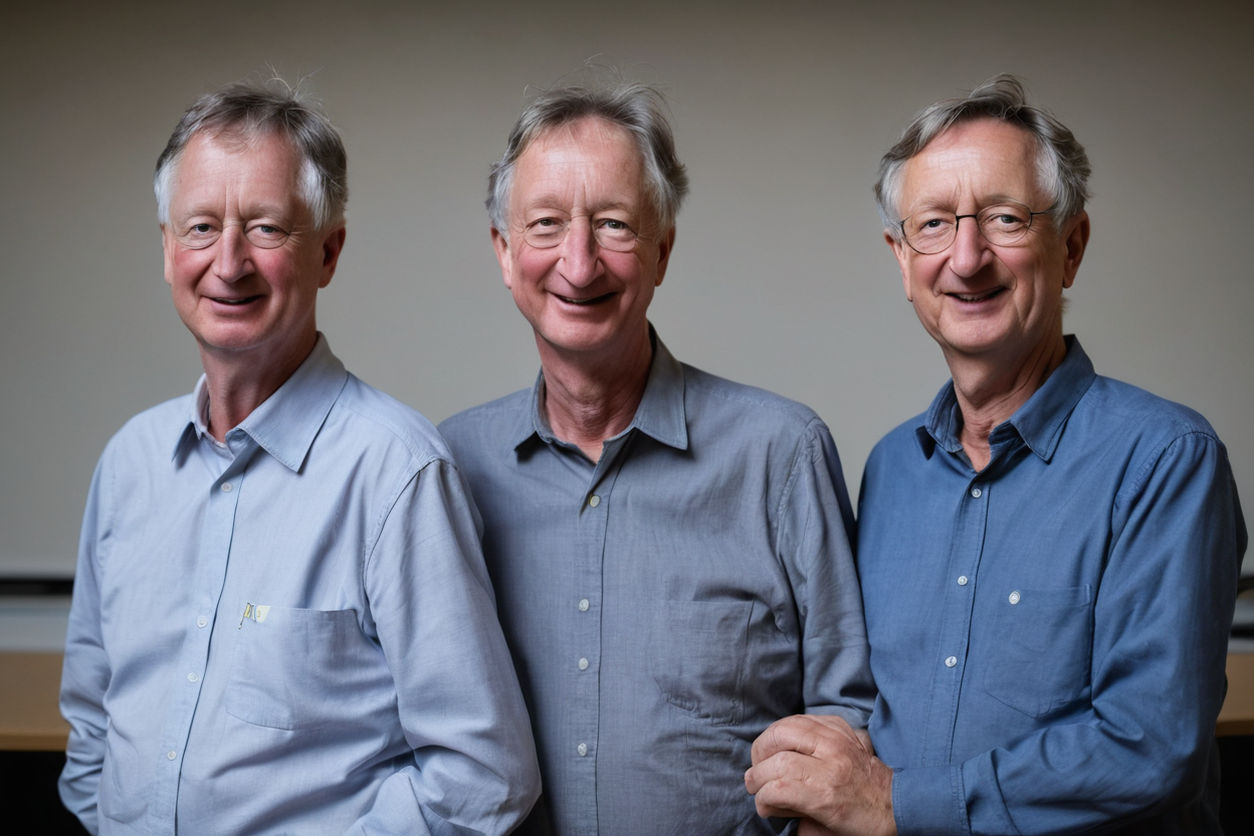The Nobel Prize in Physics 2024 was awarded to two pioneers in the field of artificial intelligence (AI): John Hopfield and Geoffrey Hinton. Their transformative work has laid the foundation for how modern AI systems function, revolutionizing machine learning, neural networks, and beyond. The recognition of their contributions marks a significant moment in the history of both physics and technology.
The Groundbreaking Achievements of John Hopfield
John Hopfield’s work in the 1980s fundamentally changed our understanding of neural networks. He developed the Hopfield Network, a form of recurrent artificial neural network that models how neurons in the brain work together to solve complex problems. Hopfield’s contribution not only advanced the study of biological neurons but also formed the backbone of many machine learning algorithms used today.
What is the Hopfield Network?
A Hopfield Network is a form of recurrent neural network that can store patterns and retrieve them, much like human memory. These networks are a crucial stepping stone toward modern deep learning techniques.
Impact on Artificial Intelligence
Hopfield’s model of neural networks allowed for the development of systems that could store and process vast amounts of data, leading to smarter, more efficient AI applications. His work helped bridge the gap between biology and technology, enabling machines to mimic cognitive functions like memory and problem-solving.
Geoffrey Hinton’s Pioneering Role in Deep Learning
Geoffrey Hinton, often referred to as the “Godfather of Deep Learning,” made his mark by popularizing the concept of backpropagation—a method that trains neural networks to optimize their performance. Hinton’s research in the 1980s and 1990s shaped the modern AI landscape, making complex AI models like ChatGPT and image recognition systems possible.
The Concept of Backpropagation
Backpropagation is an algorithm used to minimize the error in neural networks. It’s a technique that adjusts the weights of connections between neurons, ensuring that AI models become more accurate over time. This method is integral to modern machine learning and is used in a variety of applications, from speech recognition to self-driving cars.
Hinton’s Influence on AI Development
Hinton’s contributions made deep learning a dominant force in the tech industry. His work in unsupervised learning and Boltzmann machines has also been key in advancing AI research. Without Hinton’s breakthroughs, AI technologies that we use daily, such as Google Translate and virtual assistants, would not be as effective or efficient.
The Significance of the Nobel Prize 2024
This year’s Nobel Prize in Physics highlights the profound impact of artificial intelligence on society. While AI has largely been considered a field of computer science, the Nobel Committee recognized that Hopfield and Hinton’s work transcends disciplines, influencing physics, biology, and technology alike.
Why the Nobel Prize in Physics?
The Nobel Committee awarded Hopfield and Hinton for their role in creating models that describe complex systems—something fundamental to both physics and AI. By formalizing how artificial neurons can be used to mimic the behavior of biological ones, their work has far-reaching implications for how we understand complex, dynamic systems in nature and technology.
Impact on the Future of AI
As AI continues to evolve, Hopfield and Hinton’s contributions will remain foundational. Their work not only helps in creating smarter machines but also provides a framework for understanding the human brain better. As researchers dive deeper into neural networks, these pioneering models will guide the development of more advanced AI systems.
FAQs
- What is the Nobel Prize in Physics 2024 about? The 2024 Nobel Prize in Physics was awarded to John Hopfield and Geoffrey Hinton for their contributions to artificial intelligence, particularly in the fields of neural networks and deep learning.
- What is the Hopfield Network? A Hopfield Network is a type of recurrent neural network that can store patterns and retrieve them, similar to human memory. It was developed by John Hopfield and is a foundational concept in machine learning.
- What is backpropagation in AI? Backpropagation is an algorithm used to train neural networks by adjusting the weights of neuron connections to minimize errors, making AI models more accurate.
- How has Geoffrey Hinton contributed to AI? Geoffrey Hinton popularized deep learning techniques, such as backpropagation, that are essential for training neural networks. His work has significantly shaped the development of modern AI technologies.
- Why was AI research awarded a Nobel Prize in Physics? The Nobel Committee recognized that Hopfield and Hinton’s models for neural networks and AI applications also have profound implications for understanding complex physical systems, making their work a fitting candidate for the Physics Prize.
